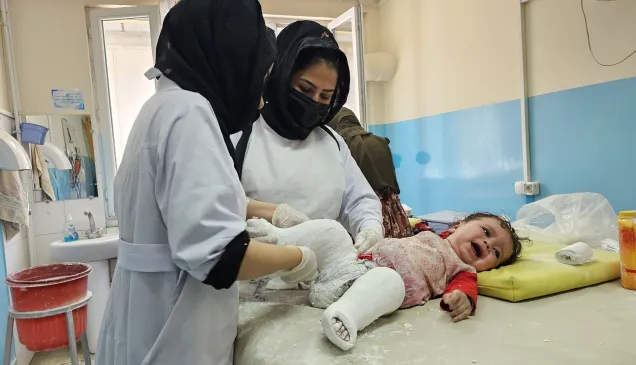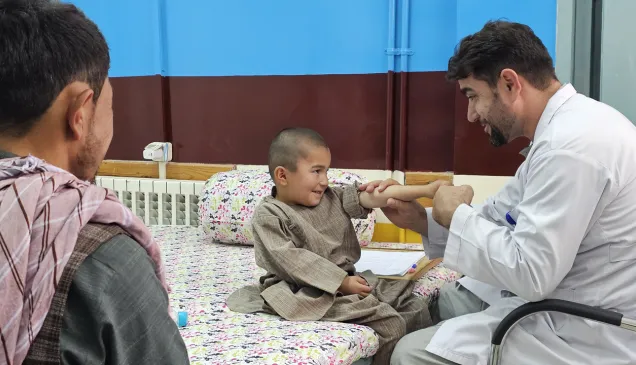Afghanistan: A visual chronicle of humanitarian challenges and responses
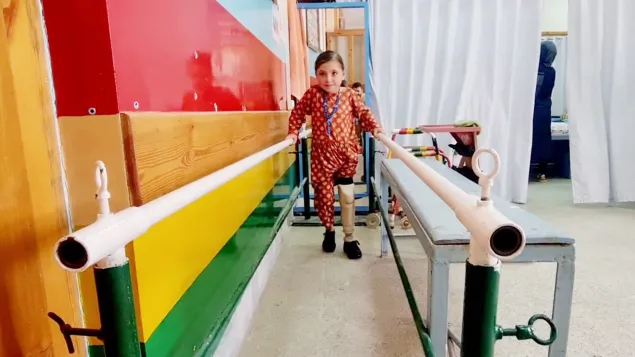
She travelled more than 200 km to our physical rehabilitation centre in Faizabad to be fitted with a prosthetic leg. "I am happy that I can walk again; now I can go to school and play with other kids,” she says joyfully. Maria is among thousands of patients who are provided with assistance at the ICRC’s seven physical rehabilitation centres across the country.
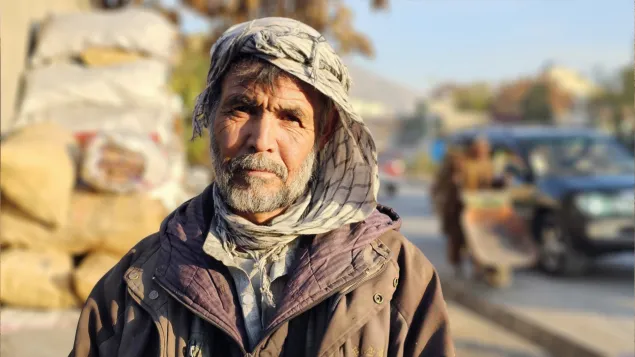
Sayed Jawad, 56, is facing a daunting reality as winter sets in.
With his limited income, Sayed Jawad has already been struggling to feed his six-member family. Now, he is worried about the additional expenses of heating his home to face the harsh weather and calls for support from the international community.
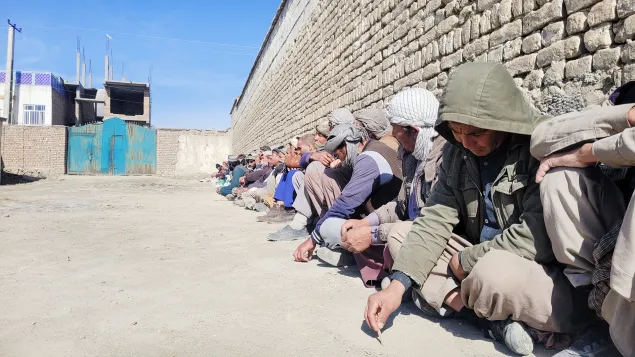
The Afghan labour market is under immense pressure to cater to the rising demand of unemployed people.
In Afghanistan’s cities, daily wage workers wait in queues from dawn to sunset for jobs. This scarcity of employment opportunities has led to a huge decline in families’ purchasing power. As a result, they are finding it increasingly difficult to meet their basic needs, including food and other unavoidable household expenses.
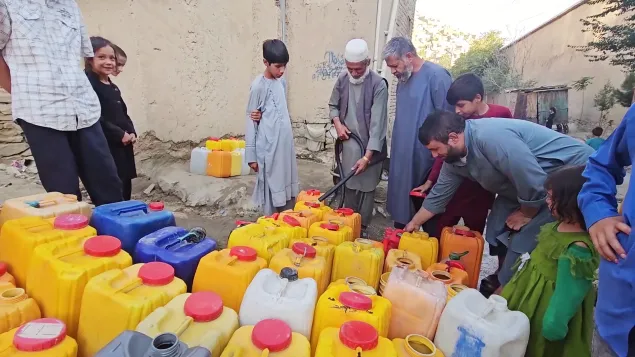
Afghanistan’s cities are facing a severe water crisis because of the growing population and higher demand for drinking water.
The crisis is the compound effect of climate change, inadequate infrastructure and administrative problems. Limited access to clean water impacts household income and is also contributing to health challenges, with waterborne diseases posing a significant risk. Gulabudin, a representative from District 7 of Kabul says, “We get water supply once in four days with one tap catering to 15 families. This is simply not enough. People line up for as long as 14 hours to fill their buckets.”
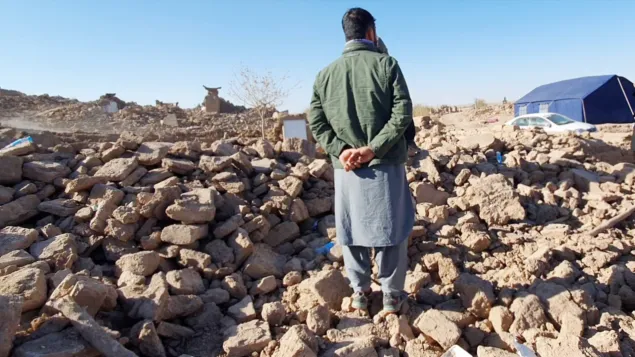
On 7 October 2023, three earthquakes of 6.3 magnitude struck the western Afghan province of Herat, followed by numerous aftershocks.
About 1,400 people were killed, over 2,000 were injured, many homes were flattened and more than 110,000 people were recorded as needing humanitarian assistance. In response to the tragedy, we supported the Afghan Red Crescent Society (ARCS) and public services authorities, helping people on the ground from day one.
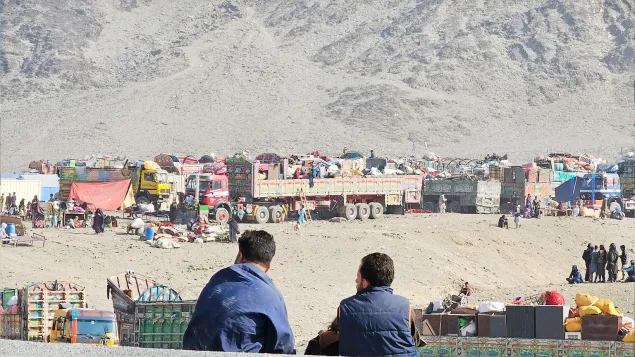
Starting in November 2023, around 1.3 million undocumented Afghans started to return from Pakistan.
The ICRC has been evaluating the situation from a purely humanitarian perspective. Thus far, we have provided financial assistance to the Afghan Red Crescent Society, actively helping thousands of Afghan returnees by addressing their urgent healthcare needs through mobile health teams stationed at crossing points.
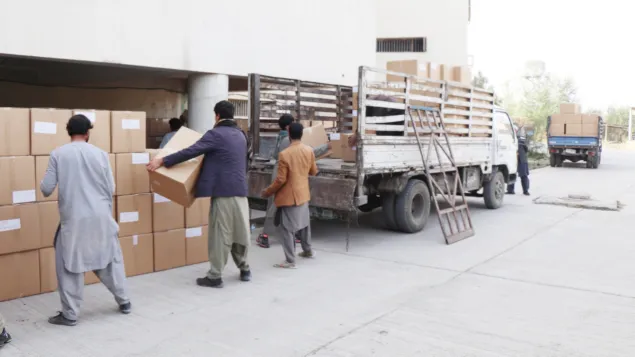
Before the arrival of winter, which brings more hardship, the ICRC distributed winter packages for detainees in over 20 detention facilities across the country.
This distribution included thousands of kits with blankets, patous (warm cloaks), shawls for females and socks.
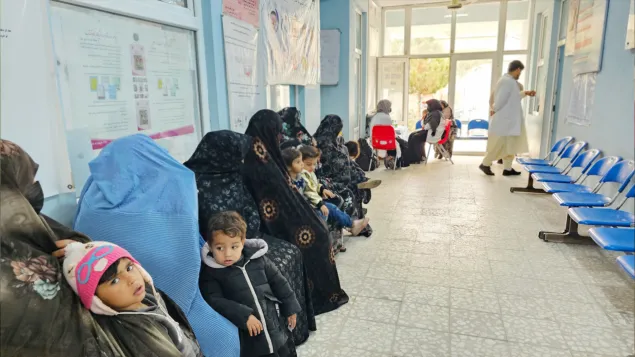
We continued to support 46 basic health care clinics and one district hospital of the Afghan Red Crescent Society (ARCS).
In 2023, we also rehabilitated seven ARCS and two Ministry of Public Health clinics to improve the working conditions and provide the patients with better access to healthcare. These healthcare centres provide services for over a million people each year, mostly in rural areas. The clinics especially implement preventive health responses like administering vital vaccinations for children and pregnant mothers and providing treatment at an early stage of a disease.
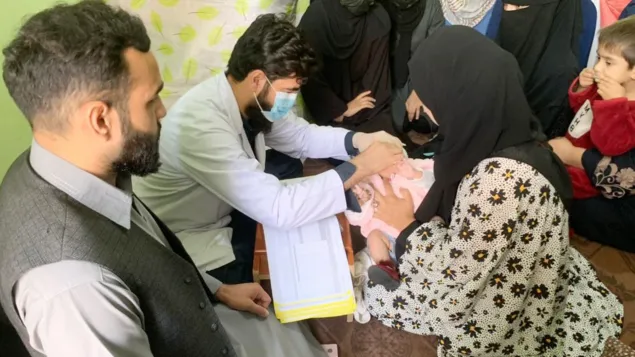
Access to health care is still a major concern for communities throughout Afghanistan.
We remain committed to improving the healthcare system in the country. Our efforts involve a range of vital programmes, including physical rehabilitation services, first aid training, providing medical supplies, emergency and trauma care for mass casualty events, and healthcare in detention. We rehabilitated the hospitals’ infrastructures to ensure sustainable and improved working conditions such as access to safe drinking water, heating systems and electricity.
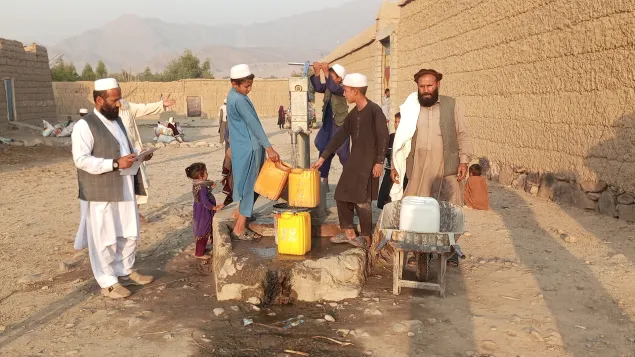
The ICRC in Afghanistan works with the communities and service provider authorities to meet the needs of the people by improving their access to safe drinking water.
The challenges to accessing clean drinking water are exacerbated by the raised climate change impacts, the ICRC support helps communities to reduce the burden of long-distance and queuing water fetching and preventing public health outbreaks. In 2023, the programme successfully provided access to safe drinking water to 380,000 people in rural areas and 400,000 in urban areas.
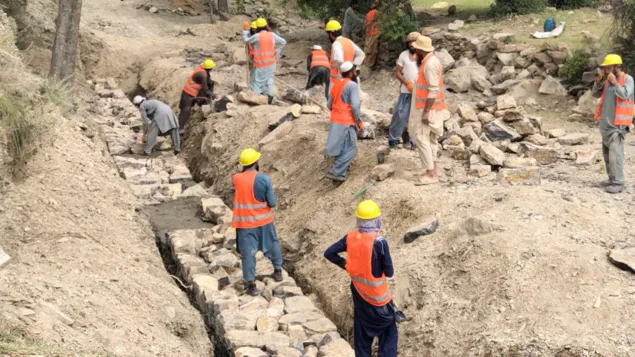
The ICRC in partnership with the Afghan Red Crescent Society, through its cash-for-work activities, supports and helps communities restore their livelihood by providing income opportunities to 2,500 families.
Cash-for-work project helps communities besides earning income, protect their agricultural lands from the effects of seasonal flooding by constructing retaining walls.
In 2023, 300 farmers’ households received capacity building on best practices and resource management. In addition, 10,500 vulnerable families received multipurpose cash grants for their basic needs.
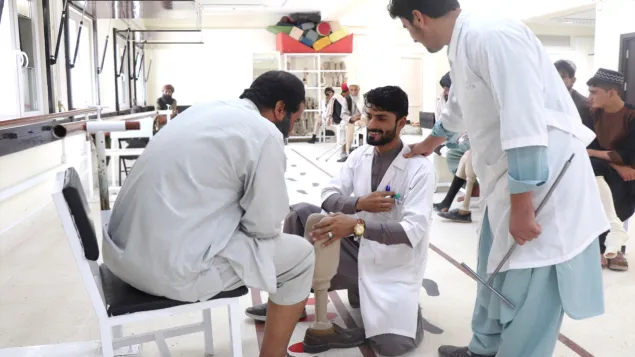
The rehabilitation of persons with physical disabilities is just the first step in their reintegration into society.
Recognizing this, the ICRC also works to ensure that their rights and access to education, employment, microcredit loans, vocational training and sports are protected. The ICRC constructed a new 60-bed physical rehabilitation center in Lashkargah city to expand services to persons with physical disabilities. Between January and October 2023, we helped over 170,000 persons with physical disabilities in our seven physical rehabilitation centres across Afghanistan.
Despite a significant decrease in fighting, Afghanistan is still in the throes of major humanitarian challenges as a result of decades of conflict. The humanitarian needs are multi-faceted, with economic factors, and natural disasters, exacerbated by climate change. The country requires long-term solutions to address the complex challenges and alleviate the suffering of millions of people.
Behind the statistics are countless stories of human resilience in the face of overwhelming adversity. We bring you images that capture the complex tapestry of Afghanistan's year-long journey, highlighting some of the stories of courage and hope amid hardships.


